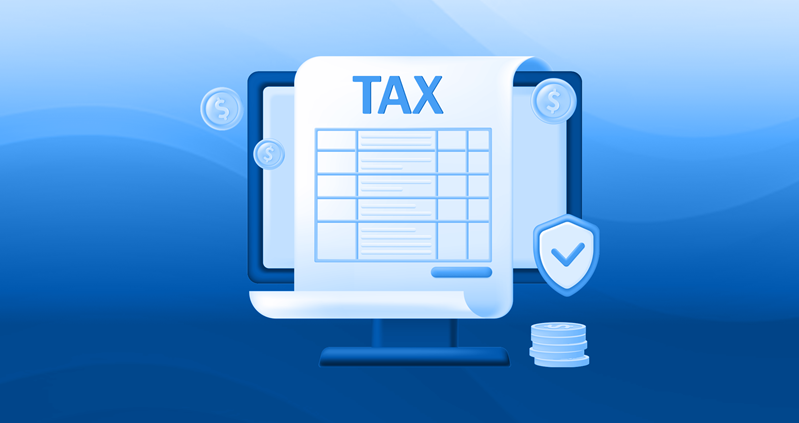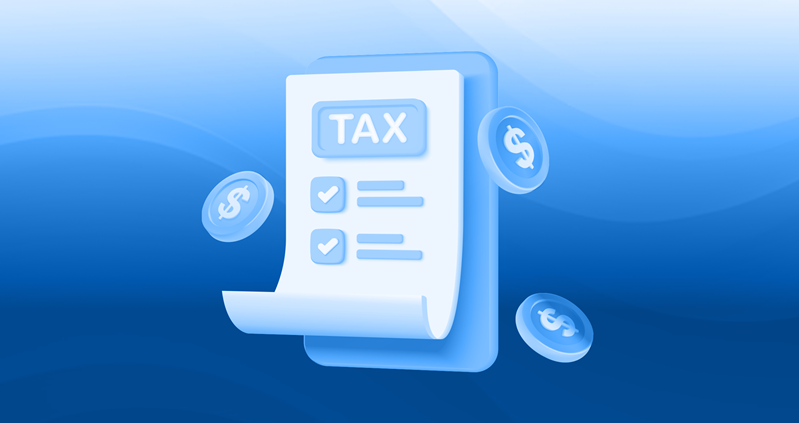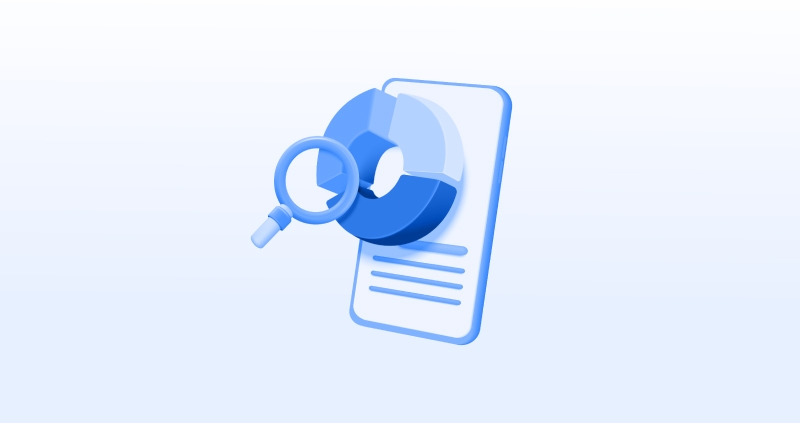What is a CD loan, and how do I apply for one?
Learn how CD loans work, their benefits, and risks.
CD loan explained: A certificate of deposit loan lets you borrow money using your certificate of deposit as collateral, often with lower interest rates than unsecured loans.
What happens to your CD when you take out a CD loan: You continue earning interest on your CD while repaying the loan, but risk losing the CD if you default.
Pros and cons of CD loans: CD loans can help with short-term liquidity needs or credit building, but they may have fees and limited availability.
How do CD loans work?
When you buy a certificate of deposit (CD), you agree to leave your money untouched in your bank or credit union for a set amount of time, and in return you earn a fixed rate of interest on your funds (which are often higher than traditional savings accounts). A certificate of deposit loan, on the other hand, is a type of secured loan where you borrow money using your CD as collateral — similar to a mortgage or car loan, which uses your home or car as collateral.
Here’s how it works:
Collateralized by your CD: Your bank or credit union holds your CD as security for the loan. However, you cannot withdraw the CD until the loan is paid back.
Choose your loan amount: In general, you can borrow up to the value of your CD or less.
Interest rates: CD loans tend to have lower interest rates than unsecured personal loans or credit cards, since the loan is backed by your CD, but actual rates may vary by institution.
Repayment: You make fixed repayments on your loan (principal + interest) over a set period.
Pros and cons of CD loans
CD-secured loans are generally not as common as other types of personal loans, but may offer some unique opportunities compared to other types of loans. However, it is important to be aware of potential benefits and drawbacks before considering this type of loan.
Here are some things to consider.
Benefits of CD loans
Lower interest rates compared to unsecured loans: Since the loan is backed by your CD, this presents less risk to the lender, so interest rates may generally be lower.
Potential for credit score improvement: Like other credit products, payments made to your CD loan provider may be reported to the credit bureaus, which can help your credit score if you maintain timely payments.
Access to funds without early withdrawal penalties: A CD loan can be an alternative option to breaking your CD terms and paying the penalty fee. You’ll get access to cash without the early withdrawal fee, but you will owe interest in repayment.
- Maintain your initial CD interest earnings: Since your CD remains open, you will continue to earn its fixed interest rate during the duration of the term.
Drawbacks of CD loans
- Limited availability: Not all financial institutions offer CD loans, so if your bank or credit union of preference doesn’t have them, you may need to open a CD at an institution that does offer CD loans.
Risk of losing your CD if you default: If you are struggling to keep up with the required payments or can no longer finish repaying the CD loan, the financial institution can use the CD to cover the outstanding debt (hence the collateral). This would cause you to lose your CD.
Limits on borrowing amounts: Oftentimes, you are limited to borrowing up to the amount of your CD, but this may vary by institution.
Potential fees associated with CD loans: Some banks and credit unions may charge application or origination fees, which can increase the overall costs of your loan.
- Your CD will be locked: You may not be able to access the funds in your CD until your loan is fully repaid.
How to apply for a CD loan
If you are considering applying for a CD-secured loan, the process may be similar to applying for other types of loans. Here is a step-by-step overview of the application process:
Confirm eligibility with your financial institution: Not all institutions offer CD loans, so you might want to ensure the bank where your CD is held has them. Otherwise, you will have to open a new CD at an institution that does offer CD loans.
Review and compare CD loan terms: Ensure your CD balance and maturity date qualify for a loan. Review and compare terms if you have not opened a CD yet (e.g., loan amount, extra fees, repayment schedule, etc.).
Submit loan application: You will need to provide the required documentation, personal and financial information (e.g., full name, Social Security number, income, employment, etc.). Since the CD serves as collateral, credit requirements may be less strict than unsecured loans.
Collateral agreement: Generally, the bank will require signed paperwork allowing them to hold your CD as collateral until the loan is fully repaid. If you default, the bank will often withdraw from your CD to cover the balance.
Receive loan funds: Once you’ve been approved, the bank disburses your loan amount. In general, this is done either directly into your bank account or as a check.
- Repay the loan: Make monthly payments on your principal and interest. Ensuring your payments are on time can help build your credit over time if your bank reports to the major credit bureaus.
Using a CD loan wisely
A CD loan can be a useful financial tool if managed carefully, but it’s important to approach it strategically. You may want to plan your repayment schedule so you can make consistent, on-time payments, since this not only avoids penalties but can also help strengthen your credit history. You can even finish paying it back early if you are able to.
To avoid common pitfalls, borrow only what you need and be mindful that defaulting may put your CD savings at risk. You might consider a CD loan if you need short-term liquidity, want to preserve your CD without early withdrawal penalties, or are looking to build credit with a lower-interest loan than credit cards or unsecured personal loans. However, it is still important to consider possible risks and be aware of other available options.
If you want to avoid taking a loan, you might even consider a no-penalty CD, which lets you access your CD funds before maturity without a penalty fee, or a CD ladder, which is multiple CDs opened at different maturity dates.
Bottom line
A CD loan is just one option that may come in handy when you find yourself in a pinch and need to borrow money. Understanding your financial situation along with the risks is important before you commit to taking out a CD loan.
If you are looking for other non-loan CD options, Raisin is here to help. As an alternative to CD loans, Raisin offers access to CDs, no-penalty CDs and other high-interest savings products to help boost your funds. Explore account types, compare interest rates, and sign up today to start maximizing your savings potential!
FAQs on CD loans
Can I use a CD loan to build credit?
Yes. If your bank reports payments to the credit bureaus, making on-time payments can help establish or improve your credit score.
What happens if I need to withdraw my CD early when I have a CD loan?
Withdrawing from a CD early while having it as collateral for a CD loan is unlikely, as your bank will likely lock your CD until your loan is fully repaid. If you need to withdraw your CD early after repaying your CD loan, you will likely owe an early withdrawal penalty, depending on the type of CD you have.
Are CD loans available for all types of CDs?
No. Availability depends on your financial institution and the type of CD. Some banks may only offer loans against standard fixed-term CDs.
Do you get your money back from a CD loan?
Not necessarily. A CD loan is a lump of borrowed funds separate from your CD. Your original CD will remain untouched, but you will not be able to access it until you repay the loan, since it serves as collateral. To regain access to your original CD, you must repay the loan principal and interest in full.
The above article is intended to provide generalized financial information designed to educate a broad segment of the public; it does not give personalized tax, investment, legal, or other business and professional advice. Before taking any action, you should always seek the assistance of a professional who knows your particular situation for advice on taxes, your investments, the law, or any other business and professional matters that affect you and/or your business.


